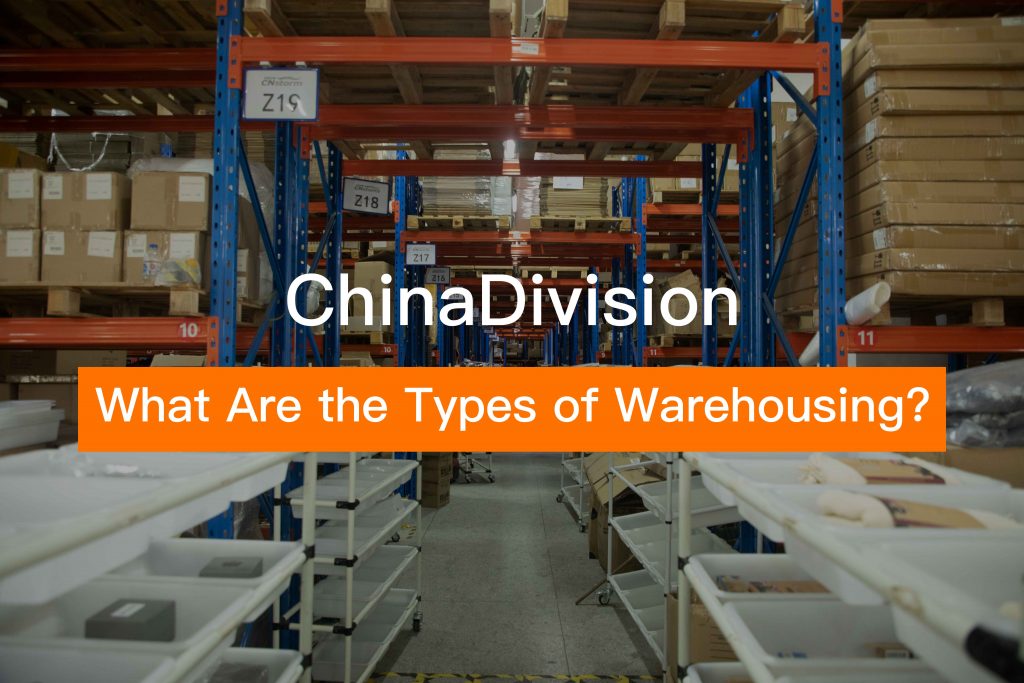Warehouse, is defined as a place where an enterprise chooses to store or accumulate goods due to business development needs. Different types of warehouses have completely different operation methods and use. Understanding these classifications will help you choose to lease or purchase after choosing the right warehouse.

What Are The Different Types of Warehouses?
Private warehouse
Private warehouses are usually owned and managed by large manufacturers or suppliers and used for their own production needs. Examples of private warehouses:
- Warehouses built by farmers/producers near their fields, farms, and workplaces
- Warehouses owned and managed by wholesalers or retailers near the sales centre to quickly supplement sales demand
- Warehouses built by manufacturers near its production plant to store raw materials needed for production
- Retailer rented warehouses
- Retailers may have several regional warehouses to meet sales needs
- Warehouses owned/rented by wholesalers for storing and distributing products
The existence of private warehouses is a base for owners to consider using the best scope of use to maintain their long-term strategic advantages.
Public warehouse
Public warehouses are usually owned by the government or semi-government agencies. Private companies that cannot own their warehouses can meet their storage needs by paying rent.
If a private company wants to build a public warehouse, it must obtain a license issued by the government. These warehouses are very suitable for easy loading and unloading of goods, flexible and cost-effective rent, and can store a variety of products.
Bonded Storage
The tax declaration warehouse is owned and managed by the government or a private organization with a government license. Applicable to importers, the imported goods in the bonded warehouse do not need to pay any customs duties and consumption taxes before release, which reduces the business burden for importers or exporters for a while.
Automated warehouse
Automated warehouses use many automation technologies, such as AI, robotics, order tracking software, and so on.
This type of warehouse still requires human participation, but mainly depends on computer technology and equipment. At present, many large companies are working to improve the automation of warehouses to reduce the probability of human error.
Cooperative warehouse
As can be seen from the name, this type of warehouse is owned and managed by a cooperative. The Cooperative Warehouse Association provides members with storage services for goods that only charge a small rent. Its basic purpose is to help its members, not to make a profit.